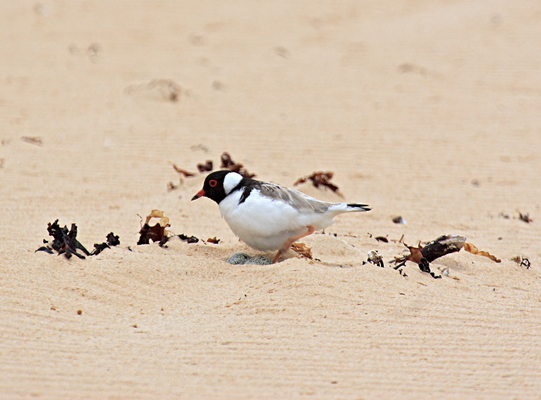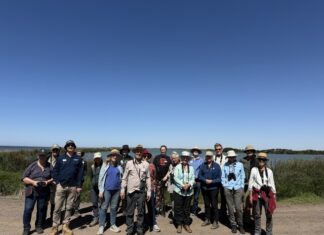They copped criticism at the time but unlikely claims that City Hall’s proposed cycling network is sexist and elitist have found international support.
Grovedale health economist Dr Katrina Alford got lycra pants in a knot when she told the Indy in March that inner-city cycling was almost-exclusively the domain of “young-ish…well-paid” men.
She based her claims on Census figures but that didn’t stop protests in response that the paths would in fact unleash a veritable peloton of female, elderly and childhood riders in Geelong.
However, a report in the UK’s Independent shows that certainly hasn’t been the case in London.
The city’s ‘walking and cycling commissioner’ told the paper this week that London’s Geelong-like Cycle Superhighway project was really about “middle-aged men cycling faster around the city”.
Will Norman acknowledged London’s “gender divide” among cyclists, noting the city’s few women riders despite its cycling infrastructure.
“Even when we have seen the growth in the number of cyclists we haven’t seen that diversity,” he said.
London cycling was possibly even racist, the commissioner suggested, with minority groups accounting for only 15 per cent of bicycle trips.
Sexist and racist, eh? Looks like City Hall’s cycling network might end up at the Human Rights Commission rather than Waurn Ponds!
From great achievements in causing offence to great achievements in the real world, City Hall and local volunteers deserve praise for their work saving one of the region’s most-endangered animals.
BirdLife Australia volunteers and City Hall are toasting their success with this year’s hooded plover breeding season after six chicks survived between Point Lonsdale to Breamlea.
Six might seem few but is in fact a big number given the numerous threats to the hoodies’ parlous population of only 570 in south-east Victoria. Given they nest on the sand, often at popular beaches, it’s amazing any of the birds reach take-off stage.
Along with the troops doing the hard work, beachgoers also earned a pat on the back this week for taking care around identified nests.
Let’s call it a team effort!









